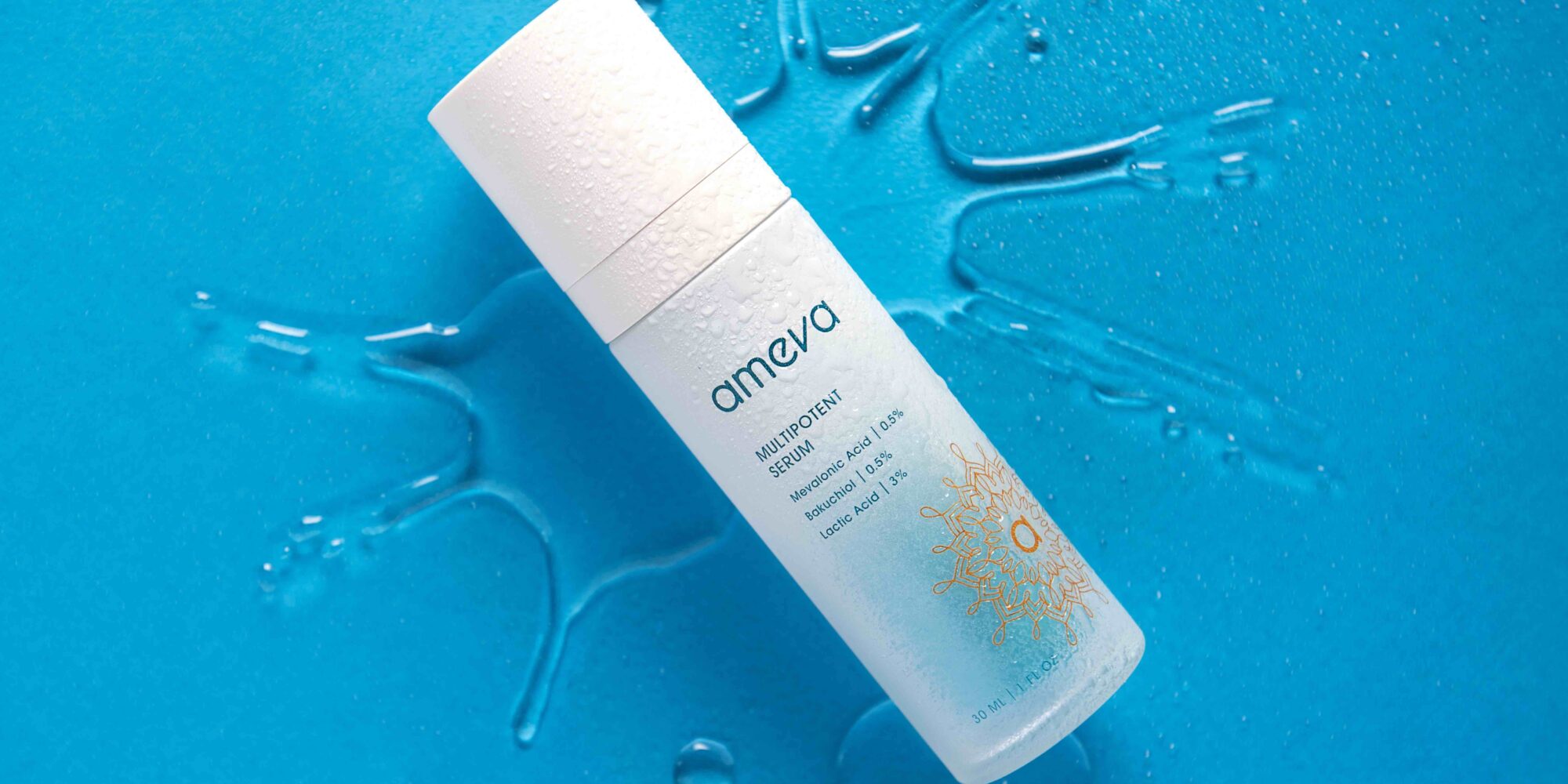
As Beauty’s Biotechnology Push Picks Up, Biotech Firm Visolis Launches Skincare Brand Ameva Bio
Growing up at the foot of the Himalayas, Deepak Dugar witnessed the impact of climate change firsthand. As he embarked on his career, Dugar, who earned a doctorate in chemical engineering from MIT, set out to lessen that impact by developing environmentally responsible manufacturing practices. Now, he’s taken those practices to new skincare brand Ameva Bio.
The brand owned by biotechnology company Visolis launched last year with two products—Multipotent Serum and Skin Activating Moisturizer—priced respectively at $75 and $65 for initial purchases, $45 and $38 for refills, and $110 as a duo. A new ingredient, mevalonic acid is the hero of its formulas, not only for what it does to support skin repair, but for where it comes from. It’s upcycled from sawdust and produced through a fermentation process orchestrated by Visolis that traps carbon dioxide emissions.
Ameva estimates that, for every kilogram of mevalonic acid the fermentation process yields, it traps three kilograms of carbon dioxide. The brand, which uses fewer than 15 ingredients in its products, pairs mevalonic acid in the formulas with bakuchiol, hyaluronic acid, ceramides and other esteemed skin reinforcers.
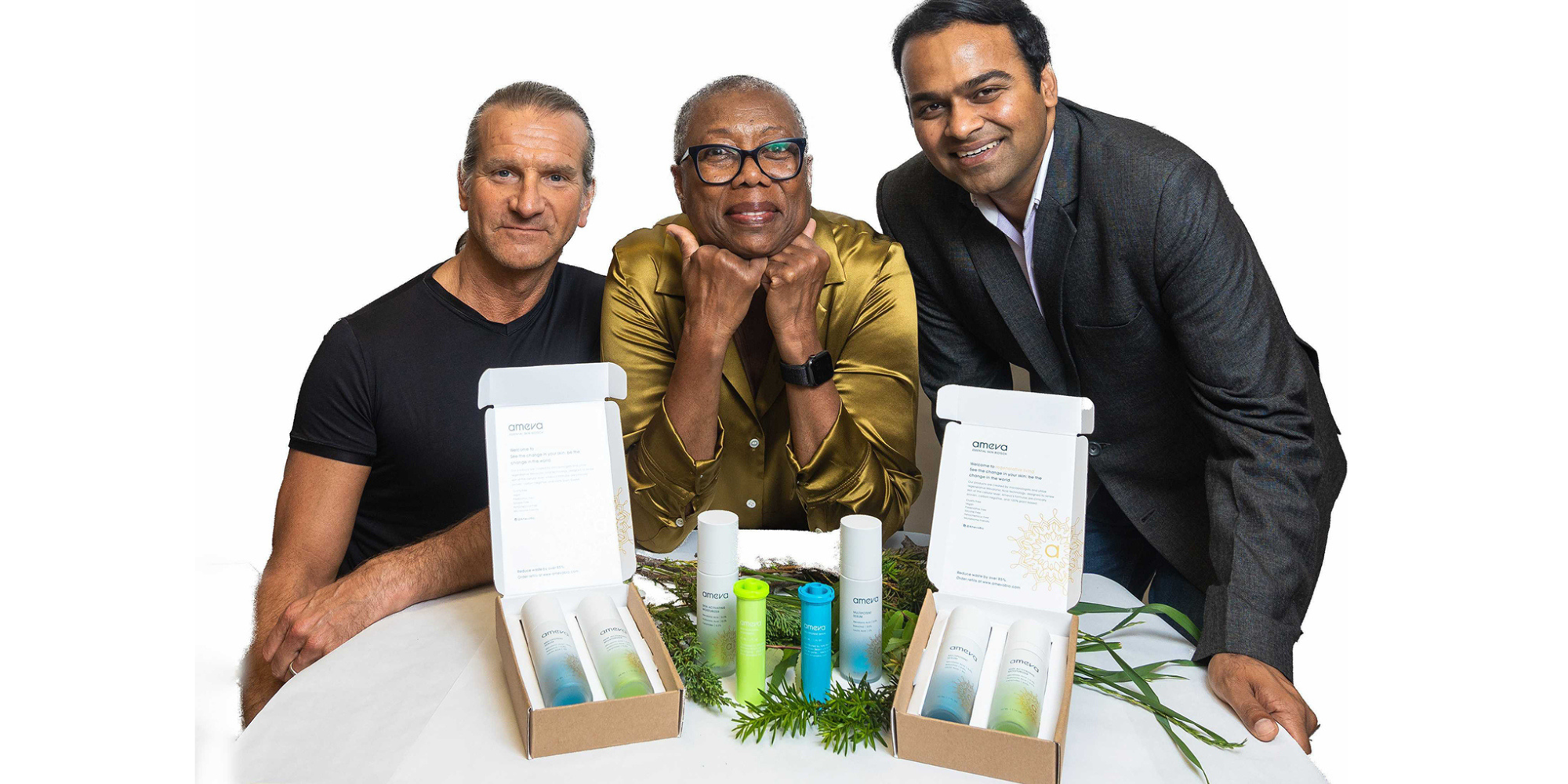
“If you look at the ingredients list on our product, every single ingredient is made directly from plants. There is zero petroleum or petrochemicals, coal, fossil or animal products involved, zero,” says Dugar, president and founder of Visolis. “Every single ingredient has a purpose to play, and we add a lot of the active ingredients [at] meaningful concentrations to provide efficacy.”
Visolis describes the compounds it generates via upcycling and fermentation as “carbon-negative.” “In the process of upcycling, what we are doing, in essence, is sequestering carbon and that’s what leads [it] to be carbon-negative,” says Dugar, emphasizing the process produces “a molecule that can go directly into skincare and sequester carbon at the same time.”
Visolis is among a growing number of biotech concerns entering the beauty industry. Perhaps the most recognizable example is Amyris, which showcases its biotech-derived ingredients in a slew of brands such as Biossance, JVN, Rose Inc., Pipette and Costa Brazil, and sells them to leading beauty companies. Large beauty conglomerates are betting on the biotech space, too. For instance, L’Oréal has acquired a stake in French biotech startup Microphyt, and Kao and Unilever have partnered with biotech company Geno.
Similar to Amyris, Visolis produces bio-based ingredients for beauty products, but Visolis’s principal clients to date have been chemical companies like Nikko Chemicals and Sumitomo Chemical. It’s raised around $9.5 million in funding, according to financial data resource Crunchbase, including a recent seed round involving Zeon Ventures, Global Brain, Acequia Capital and First Bight.
Visolis and its investors envision a big opportunity for its materials—and McKinsey & Co. agrees the opportunity is large. In an article entitled, “The third wave of biomaterials: When innovation meets demand,” the management consultancy predicts that, over the next 10 to 20 years, “advances in the use of biology in the production of materials, chemicals, and energy could amount to $200 billion to $300 billion in global market growth.”
“This is new standard, it’s way beyond clean beauty. Here we’re talking about regeneration of the planet and the skin.”
Visolis has brought a stacked management team to bear in its beauty foray. Emmanuel Rey is VP of consumer brands at the company. A beauty industry veteran, he spent about two decades at L’Oréal and Estée Lauder before becoming a beauty entrepreneur by starting the yoga-inspired natural skincare, body care and aroma products brand Yuni Beauty in 2014. Visolis acquired Yuni in 2021. Priscilla Taylor, a former senior product development manager at Unilever, is on board, too. Taylor and Rey share Ameva co-founder titles.
The executives were drawn to Visolis as the beauty industry is undergoing a transformation to improve sustainability while trying to continue to build sales. Rey believes biotech is the next frontier in beauty and beyond.
“Imagine that you can now create or recreate very high-value molecules essentially from byproducts of other industry or even waste,” he says. “It’s is going to be really, really big in terms of replacing plastics, new type of fuels, drugs and medications. It’s going to have a huge amount of impact going forward because we are just at the beginning of its application at the moment, and that’s why we are really proud to be at the forefront.”
Currently, Ameva is in direct-to-consumer distribution, but it’s interested in breaking into retail. As it ponders its place at retail, Rey says the questions it’s asking are, “Is our brand’s price point compatible with the environment? What is the true cost of being successful at the retailer? And can we meaningfully support them?”
He adds the brand is out to “offer our products in channels where true innovation in skincare can be properly presented, explained and experienced,” and that retailers should be attracted to the brand’s “intersection of innovative unique plant-based ingredients. [It’s] high-perform[ing], clinically tested, carbon-negative, sustainable and premium.”
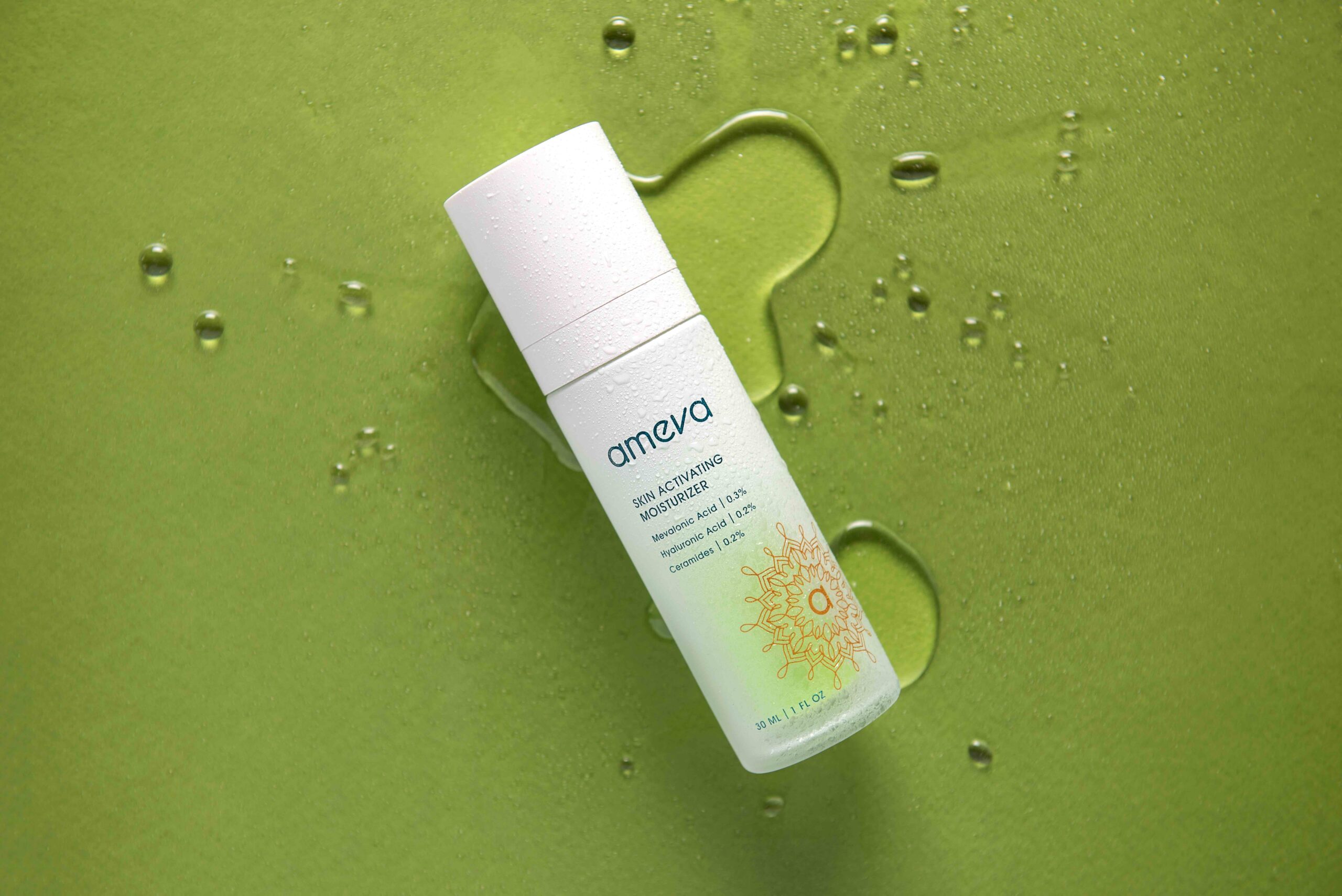
Rey outlines Ameva determined its retail prices by taking “into consideration the cost of goods and all the actions resulting from our mission to be carbon-negative (high-value ingredients in high concentration, PCR [post-consumer recycled] packaging and refills, shipping offset, etc.), plus the convergence of consumer demand for high-efficacy skincare and breakthrough sustainable solutions.”
Ameva’s main goal now is to amplify the message that biotech should play a prominent role in beauty. Dugar says it should be normalized “not just with the entire industry, but for retailers…This is new standard, it’s way beyond clean beauty. Here we’re talking about regeneration of the planet and the skin.”

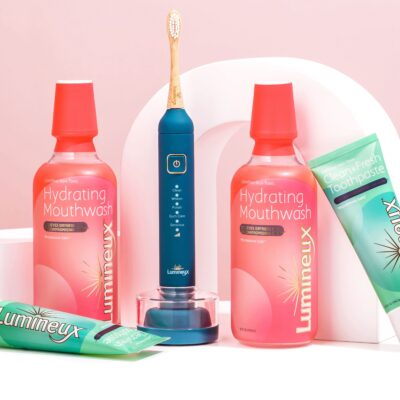
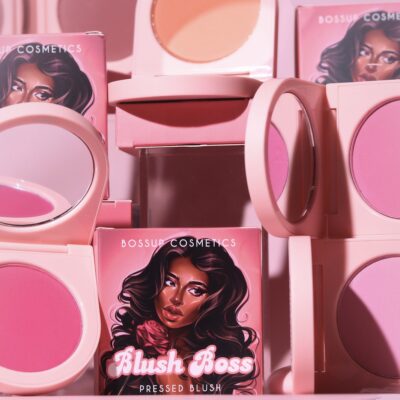

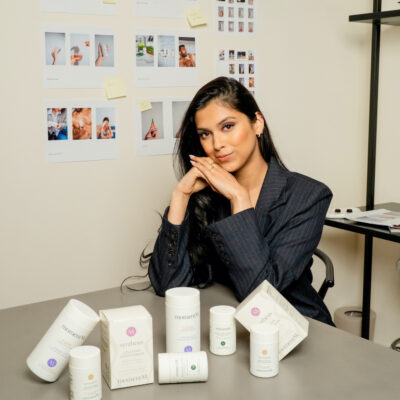
Leave a Reply
You must be logged in to post a comment.